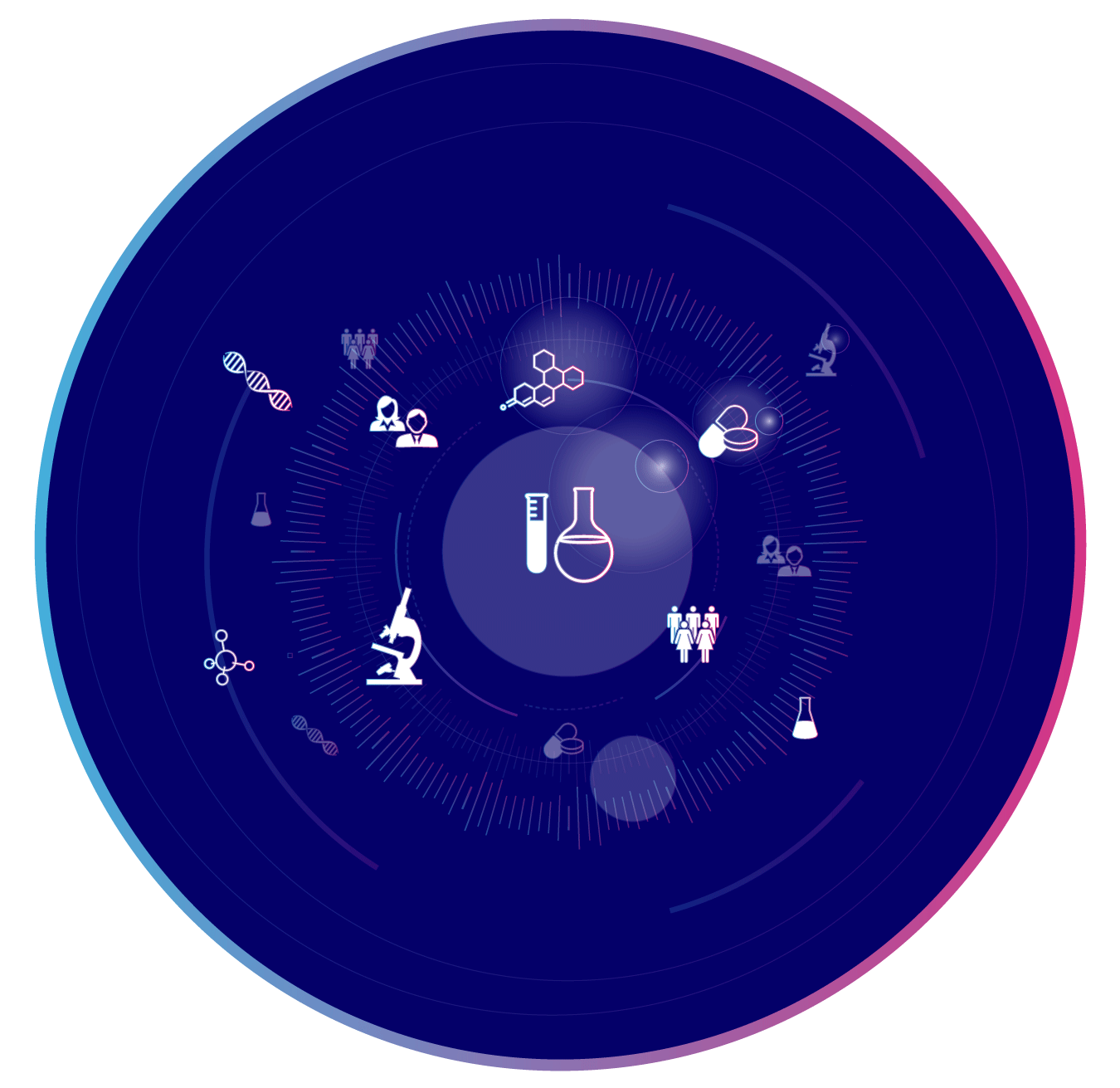
Client’s requirement
A Swiss pharma company developing a new RA antibody treatment needed to assess its competitiveness against existing drugs. They wanted to use longitudinal meta-analysis for a more detailed picture of efficacy compared to just final study data. However, the complexity of the analysis made it difficult to evaluate their antibody’s position in early development.
To address this, they sought Excelra’s help in building a model-based meta-analysis dataset by curating existing research on marketed RA biologics.
Our approach
In our approach, Excelra’s Clinical Pharmacology group leveraged a robust scientific method to curate a dataset tailored for model-based meta-analysis (MBMA) of existing therapies. We employed a systematic literature review (SLR) guided by PICOS methodology to identify relevant publications in PubMed.
Following a rigorous screening process, we incorporated additional references from FDA drug labeling and traditional meta-analyses. This comprehensive search yielded 119 sources. To ensure data accuracy, a customized clinical outcomes database was built capturing time-course responses, patient demographics, interventions, comparators, study design, and prior/concomitant medications (including response status and category-wise percentages). A meticulous 3-level quality control process further ensured the integrity of the final dataset.

